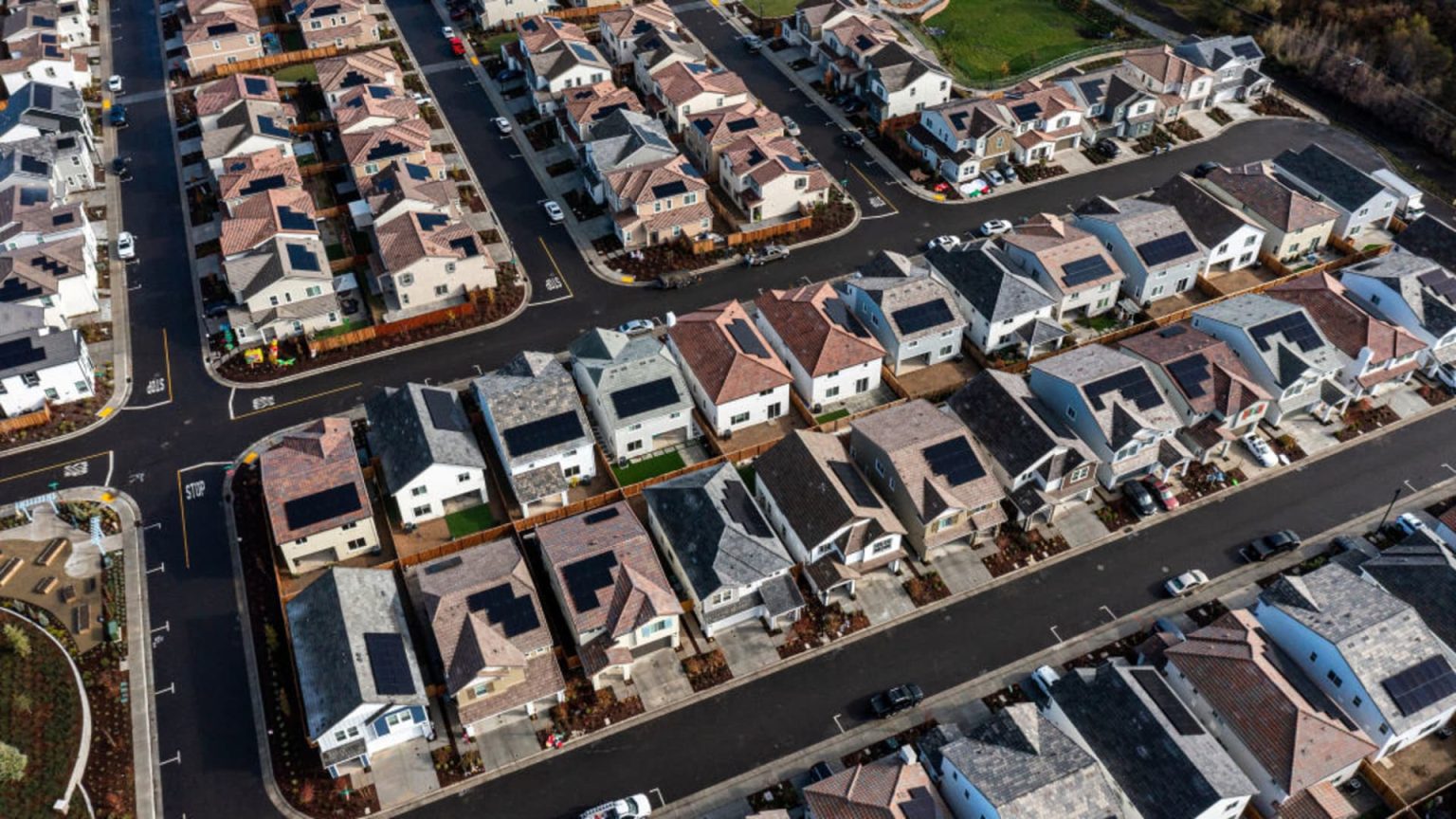The average rate on the 30-year fixed mortgage has surpassed 7% on April 1, reaching around 7.5%, the highest level since mid-November of the previous year. This surge in rates follows a period of decline that saw rates fall to the mid-6% range in mid-January, leading to a surge in home sales. However, a pick-up in inflation in mid-February reset expectations, causing rates to rise once again, with recent comments from Fed Chair Jerome Powell furthering inflation concerns. This increase in rates is expected to impact home sales in the coming months.
Despite the higher rates, mortgage applications to purchase a home rose by 5% compared to the previous week, according to the Mortgage Bankers Association’s index. However, demand remains 10% lower than the same week one year ago, even with rates 70 basis points higher than they were a year ago. It is suggested that some borrowers may be acting quickly to secure a mortgage in case rates continue to rise. However, this increase in mortgage rates may further weaken affordability for potential homebuyers.
While there is more supply on the market compared to a year ago, it remains at historically low levels, leading to increased competition among buyers and faster-paced home sales. With the economic data indicating a strong economy and job market, mortgage rates are likely to remain at elevated levels for the foreseeable future, according to the Mortgage Bankers Association’s president and CEO, Bob Broeksmit. This situation may deter those waiting for a significant drop in rates from entering the housing market, as rates are expected to stay relatively high.
The rise in mortgage rates has been attributed to a rise in inflation expectations and recent comments by Federal Reserve Chair Jerome Powell. Rates had fallen to the mid-6% range in mid-January, leading to a surge in home sales. However, the resurgence in inflation expectations reset the trajectory of mortgage rates, causing them to increase once again. This increase in rates is expected to impact home sales in the coming months, as affordability weakens and competition among buyers intensifies.
The Mortgage Bankers Association reported that despite the higher rates, mortgage applications for home purchases increased by 5% compared to the previous week. However, demand remains lower than the same week one year ago, even with rates 70 basis points higher. This indicates that some buyers may be rushing to secure a mortgage in anticipation of further rate increases. The low supply on the market has led to faster-moving homes and increased competition among buyers, making it difficult for those waiting for rates to drop significantly to enter the market.
With the economy and job market showing strength, mortgage rates are expected to remain elevated in the near future, according to the Mortgage Bankers Association’s president and CEO Bob Broeksmit. This may deter potential buyers who are hoping for a significant decrease in rates, as rates are likely to stay relatively high. The impact of rising rates on home sales remains to be seen, but it is expected to have an effect on affordability and buyer demand in the housing market.













